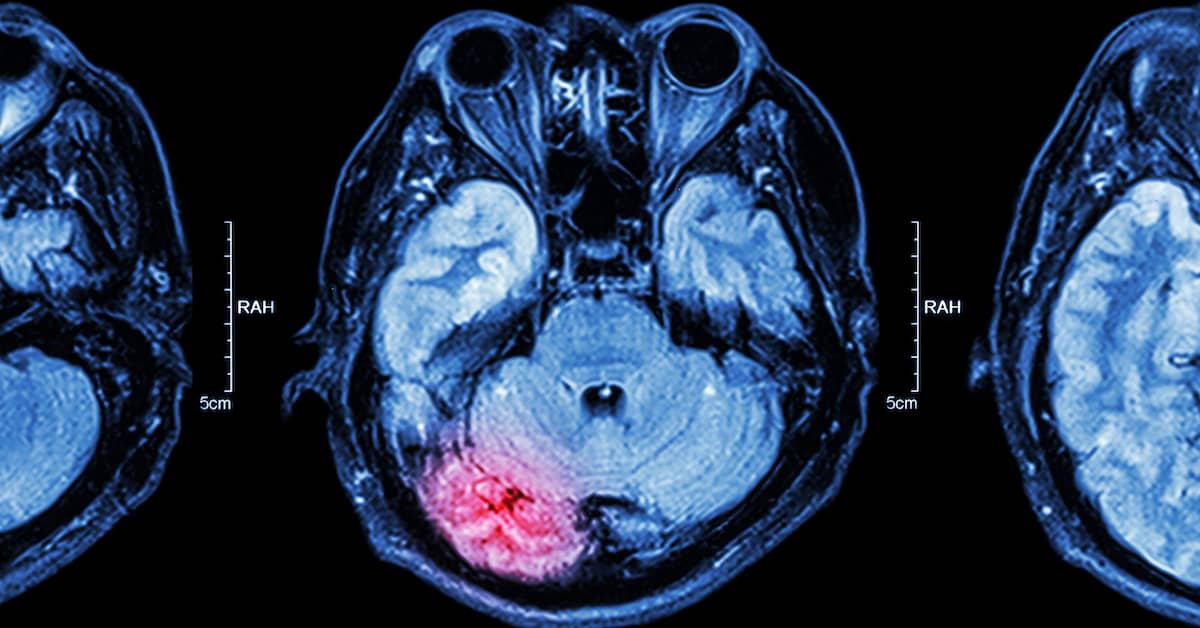What’s the Difference Between a Closed and Open Head Injury?
Accident-related head injuries can lead to significant economic and non-economic damages. In many cases, accident victims’ lives will never truly be the same. This is true for all types of closed and open head injuries.
Closed Head Injuries vs. Open Head Injuries
The fundamental difference between closed and open head injuries is that open injuries penetrate the skull while closed injuries do not. As a result, open head injuries are always extremely serious, while closed head injuries can range from “mild” to “severe.”
However, even a “mild” closed head injury cannot be ignored. As medical researchers continue to study concussions and other types of brain injuries, they continue to learn more about the long-term effects of these injuries.
While a full recovery from a closed head injury may be possible in some cases, it is not uncommon for both closed and open head injuries to lead to lifelong complications.
How Do Closed Head Injuries Occur?
Closed head injuries typically result from one of two main factors: either blunt force trauma to the head or violent movement of the head caused by an external force imposed on the body. As a result, they are common consequences of vehicle collisions, falls, product failures, and other accidents. They can also result from physical assaults. Sadly, many newborns experience closed head injuries due to trauma during labor and delivery.
The most common type of closed head injury by far is a concussion. A concussion occurs when the brain impacts the inside of the skull, resulting in damage to the brain tissue. However, closed head injuries can also result from rotational forces when the head twists or turns side to side or from the brain moving forward or backward inside of the skull (i.e., in the event of whiplash).
The impact forces that can cause concussions can also lead to more severe types of closed head injuries. Contusions (brain bruises), hemorrhages (bleeding in the brain caused by ruptured blood vessels), and other injuries can potentially have permanent disabling effects. These include disabling effects caused by secondary brain injuries such as ischemia (insufficient blood flow) and hypoxia (insufficient oxygen supply to the brain).
Prompt diagnosis and treatment can help mitigate these risks in some cases. However, many trauma victims will have no chance to avoid life-altering consequences due to someone else’s negligence.
How Do Open Head Injuries Occur?
Open head injuries can result from accidents or violence. In a car accident, for example, debris may penetrate the skull and damage the brain. Assault victims may also experience penetrating head injuries due to gunshots or attacks with other types of weapons.
Tragically, open head injuries have a high rate of fatality. For survivors, the likelihood of experiencing permanent negative effects is high.
In addition to brain damage, infection is also a significant risk in cases involving open head injuries. Wounds must be carefully cleaned and sanitized, and they must be closed promptly in order to prevent the introduction of foreign bacteria. Unfortunately, healthcare-acquired infections are a concern for open head injury patients as well. Medical malpractice – such as errors during brain surgery, post-surgical monitoring, etc. – has the potential to lead to life-altering or life-threatening complications.
Seeking Financial Compensation for Closed and Open Head Injuries
One important similarity between closed and open head injuries is that victims of both types of injuries have the same legal rights. If you or a loved one has suffered any type of head injury due to someone else’s negligence or malicious act, you can – and should – seek fair compensation under Florida law.
Florida law allows victims and families to recover compensation for the damages they have suffered as a result of traumatic head injuries. Financial costs include medical bills, loss of income, and other direct economic effects. Non-financial losses include pain and suffering, emotional trauma, and post-traumatic stress. Victims of traumatic head injuries can also recover compensation for their loss of enjoyment of life.
In wrongful death cases, eligible family members can recover compensation for funeral and burial expenses, loss of companionship, and other losses as well.
Speak with a Florida Head Injury Lawyer Today
Personal injury claims involving closed and open head injuries are complex. These injuries frequently involve significant medical expenses, loss of income, and adverse effects on the victim’s quality of life.
Therefore, it is crucial to work with a personal injury lawyer who has experience handling head and brain injury claims. For decades, the attorneys at Colling Gilbert Wright have pursued fair compensation on behalf of victims and families.
Please call (407) 712-7300 today for a FREE evaluation of your head injury claim. Colling Gilbert Wright serves clients in Orlando, Tampa, Miami, and throughout Florida.

 (407) 712-7300
(407) 712-7300
































